What is the coldest UK winter on record?
Britain and other countries warned of ‘full-blown crisis’ if temperatures plummet too low
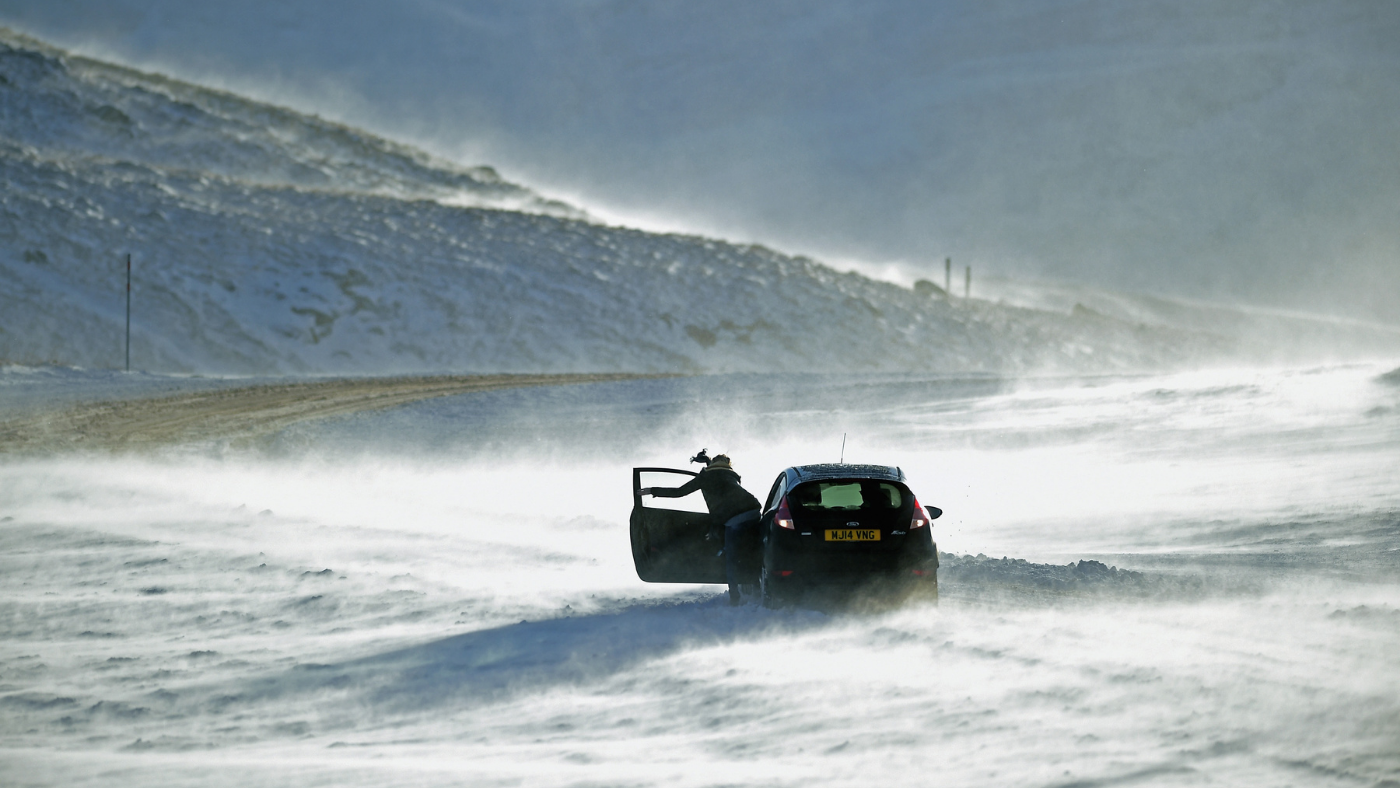
A free daily email with the biggest news stories of the day – and the best features from TheWeek.com
You are now subscribed
Your newsletter sign-up was successful
Billionaire industrialist Jim Ratcliffe has warned that the UK may run out of gas if the coming winter is especially chilly.
The boss of petrochemicals giant Ineos told ITV’s Peston yesterday that gas prices were likely to remain high throughout the season. And supplies could run out if temperatures dropped very low, he said, “in which case then, what you would do is you’d shut down industry”.
Bloomberg also warned earlier this month that “temperatures this winter will ripple through every conceivable market, from fuel to food”.
The Week
Escape your echo chamber. Get the facts behind the news, plus analysis from multiple perspectives.

Sign up for The Week's Free Newsletters
From our morning news briefing to a weekly Good News Newsletter, get the best of The Week delivered directly to your inbox.
From our morning news briefing to a weekly Good News Newsletter, get the best of The Week delivered directly to your inbox.
A “particularly frigid outcome” would threaten to turn the current global energy crunch into a “full-blown crisis”, the news site said. The “stakes have never been higher”, with households and businesses in a string of countries potentially facing “crippling heating bills”.
Putting the brr in Britain
The past year has made the Met Office’s history books for some of the chilliest UK weather on record. On 11 February, “extreme cold” temperatures of below -20C – lower than the temperature recommended “for the inside of a domestic freezer”, the weather service noted – were reported at three different weather stations. Braemer in Scotland recorded -23C, the lowest in the UK since 1995.
Even the so-called Beast from the East in 2018 didn’t bring such low temperatures, in spite of “all its roar”, said the Met.
A free daily email with the biggest news stories of the day – and the best features from TheWeek.com
But this year’s cold snap was by no means the most extreme in modern UK history. In January 1982, Braemar saw the mercury drop to -27.2C. The same temperature was recorded more than a decade later, in December 1995, in the Scottish hamlet of Altnaharra.
Mercury readings are not the only indicator used to determine cold weather. The Met Office issues alerts for severe winter weather not only if mean temperatures sink to 2C or less, but also if there is widespread ice and heavy snowfall.
Two years after the end of the Second World War, “thousands of people” across the country were “cut off for days” by snowdrifts of up to seven metres, according to Met Office records. For 55 consecutive days in the first quarter of 1947, snowfall was recorded somewhere in the UK, and “breaks in the cold weather were short-lived”.
The country was battered by gales, snowstorms and blizzard conditions, and when the snow finally melted, the water ran into rivers, causing burst banks and widespread flooding.
However, the coldest UK winter in the past two centuries was that of 1962-63. In some places, the sea froze as temperatures dropped to levels not seen since 1740. Snow covered much of England and Wales from late December until the following March, and temperatures dropped to -22.2C in Braemer.
“Roads and railways were blocked, telephone lines brought down, and some villages were left cut off for several days,” said the Met. Livestock also starved to death as deep snow left farmers unable to reach them.
World records
The World Meteorological Organization pins the world’s lowest ever temperature to a reading of -89.2C, recorded in July 1983 in Antarctica, at the Vostok weather station.
However, Nasa reported in 2013 that an analysis of “32 years’ worth of data from several satellite instruments” had found that the mercury dropped to -93.2C in August 2010 on the east Antarctic Plateau.
And in 2018, satellite measurements of the “coldest known place on the planet” registered readings of about -97.7C. “Scientists recorded this extreme temperature on the ice sheet deep in the middle of Antarctica during the long, dark polar winter,” said National Geographic.
“Humans can’t inhale air that cold for more than a few breaths – it would cause our lungs to haemorrhage,” the magazine added.
According to Nasa, the Siberian towns of Verkhoyansk and Oymyakon are the “coldest permanently inhabited place on Earth”, with “bone-chilling” temperatures of -67.8C recorded within the past 150 years.
But as with other regions across the globe, weather patterns there are changing. In fact, “Russia is warming 2.5 times faster than the rest of the world”, said ABC News.
This summer, land surface temperatures – “which measures how hot the surface feels when you touch it” – reached peaks of 48C near Verkhoyansk, the broadcaster reported.
Julia O'Driscoll is the engagement editor. She covers UK and world news, as well as writing lifestyle and travel features. She regularly appears on “The Week Unwrapped” podcast, and hosted The Week's short-form documentary podcast, “The Overview”. Julia was previously the content and social media editor at sustainability consultancy Eco-Age, where she interviewed prominent voices in sustainable fashion and climate movements. She has a master's in liberal arts from Bristol University, and spent a year studying at Charles University in Prague.
-
 What to know before filing your own taxes for the first time
What to know before filing your own taxes for the first timethe explainer Tackle this financial milestone with confidence
-
 The biggest box office flops of the 21st century
The biggest box office flops of the 21st centuryin depth Unnecessary remakes and turgid, expensive CGI-fests highlight this list of these most notorious box-office losers
-
 What are the best investments for beginners?
What are the best investments for beginners?The Explainer Stocks and ETFs and bonds, oh my
-
 Can the UK take any more rain?
Can the UK take any more rain?Today’s Big Question An Atlantic jet stream is ‘stuck’ over British skies, leading to ‘biblical’ downpours and more than 40 consecutive days of rain in some areas
-
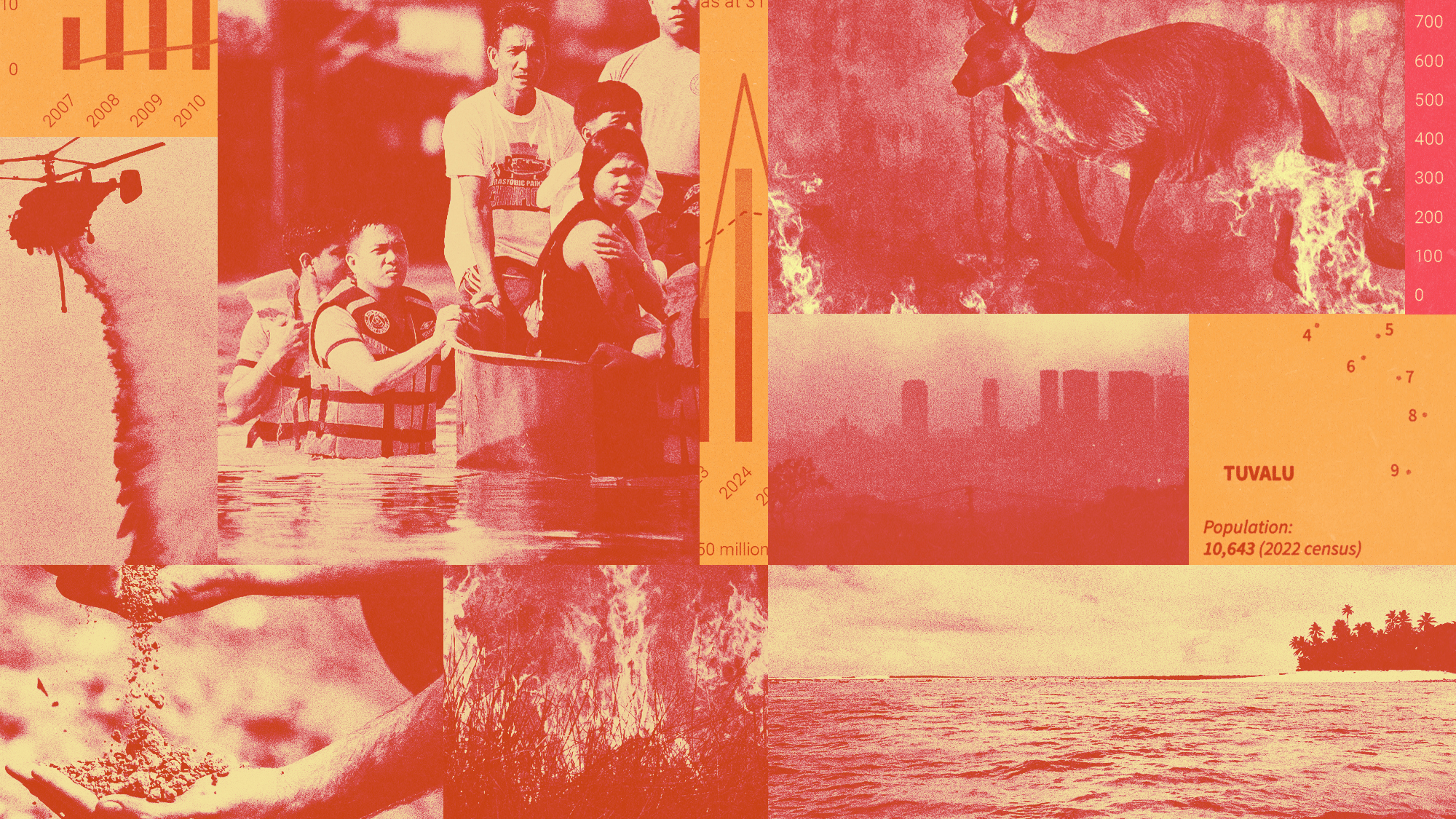 Can the world adapt to climate change?
Can the world adapt to climate change?Today's Big Question As the world gets hotter, COP30 leaders consider resilience efforts
-
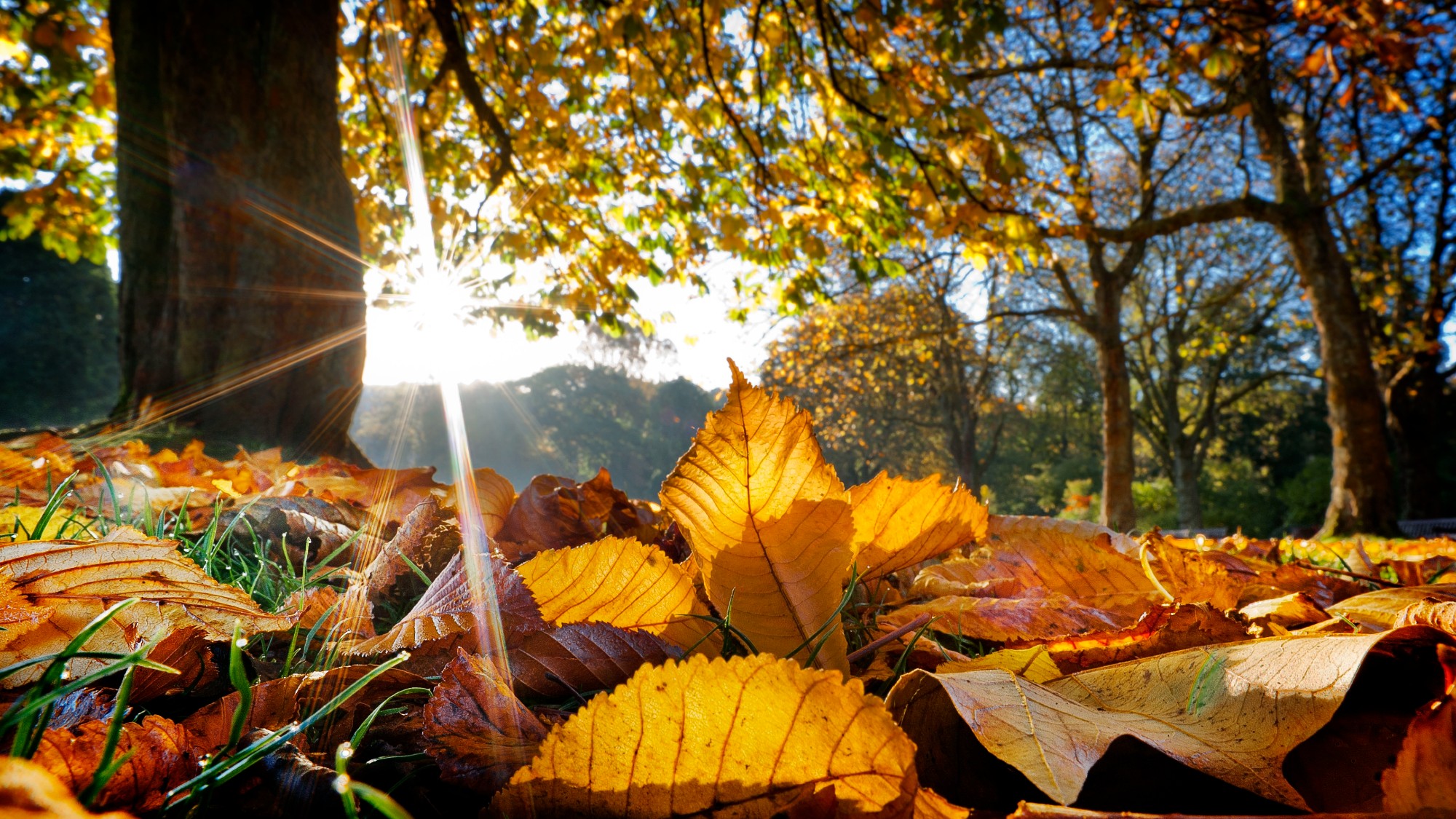 When does autumn begin?
When does autumn begin?The Explainer The UK is experiencing a 'false autumn', as climate change shifts seasonal weather patterns
-
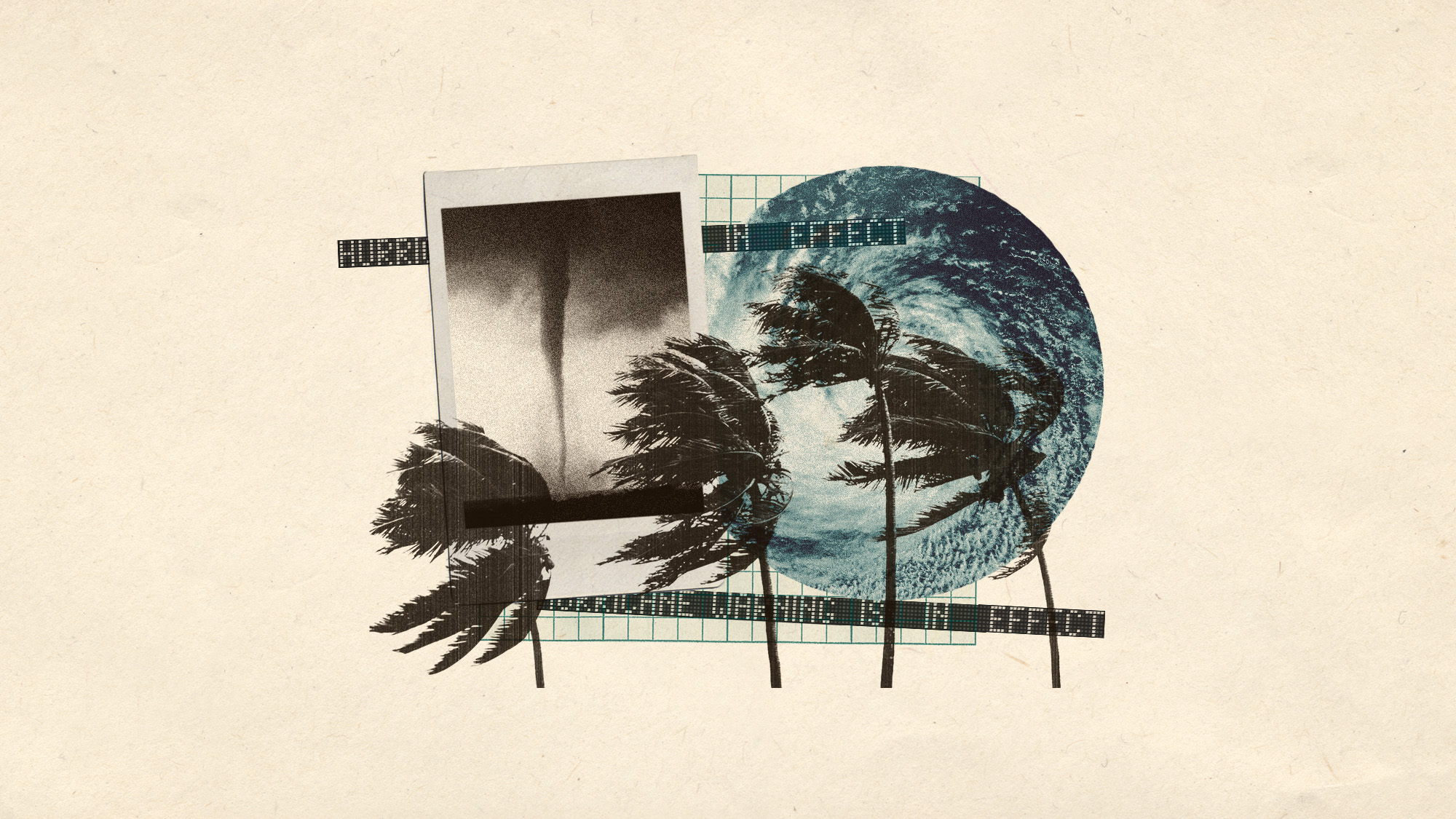 This Atlantic hurricane season is expected to be above average
This Atlantic hurricane season is expected to be above averageUnder the radar Prepare for strong storms in the coming months
-
 Why the weather keeps getting 'stuck'
Why the weather keeps getting 'stuck'In the Spotlight Record hot and dry spring caused by 'blocked' area of high pressure above the UK
-
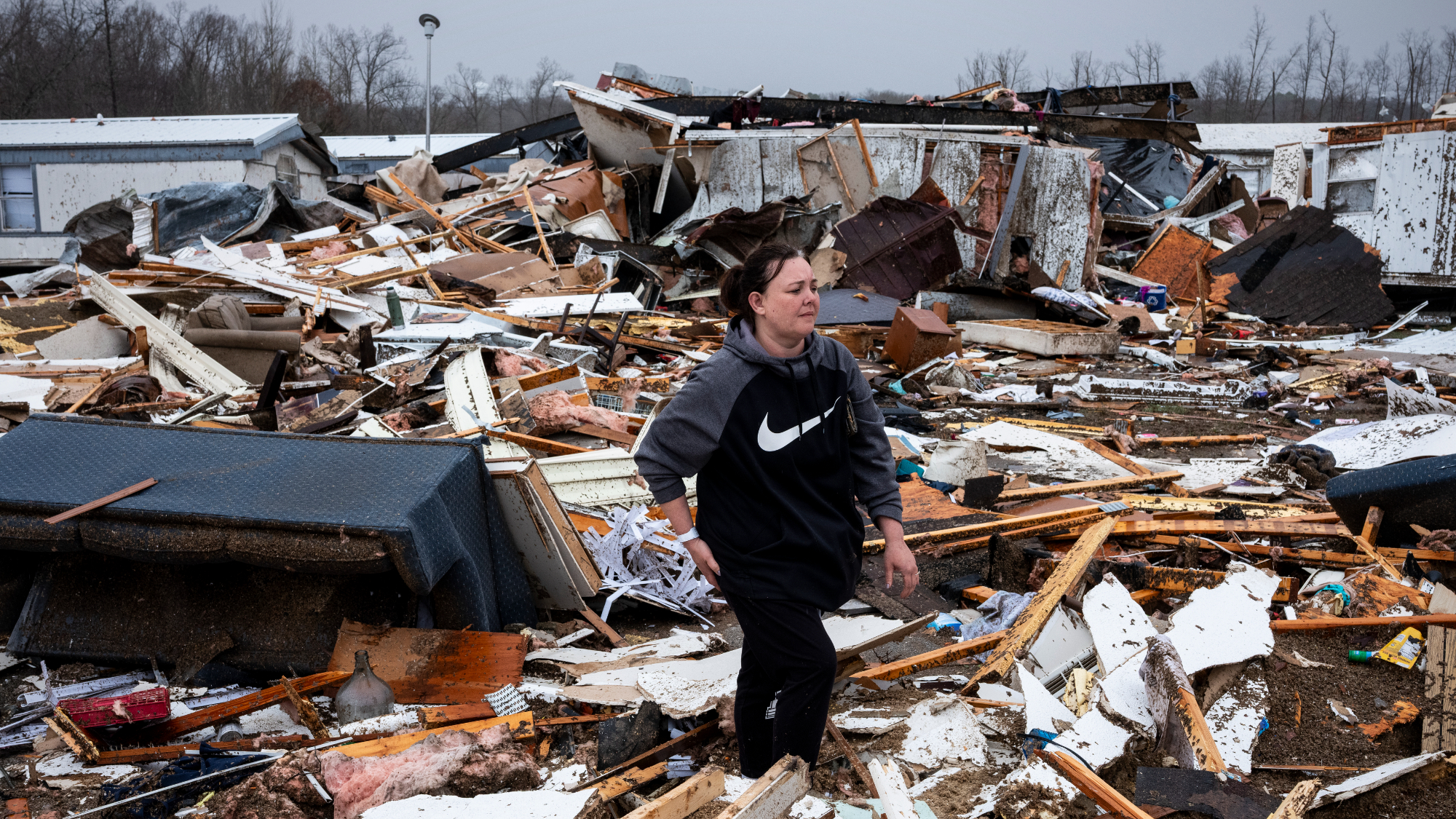 Severe storms kill dozens across central US
Severe storms kill dozens across central USSpeed Read At least 40 people were killed over the weekend by tornadoes, wildfires and dust storms
-
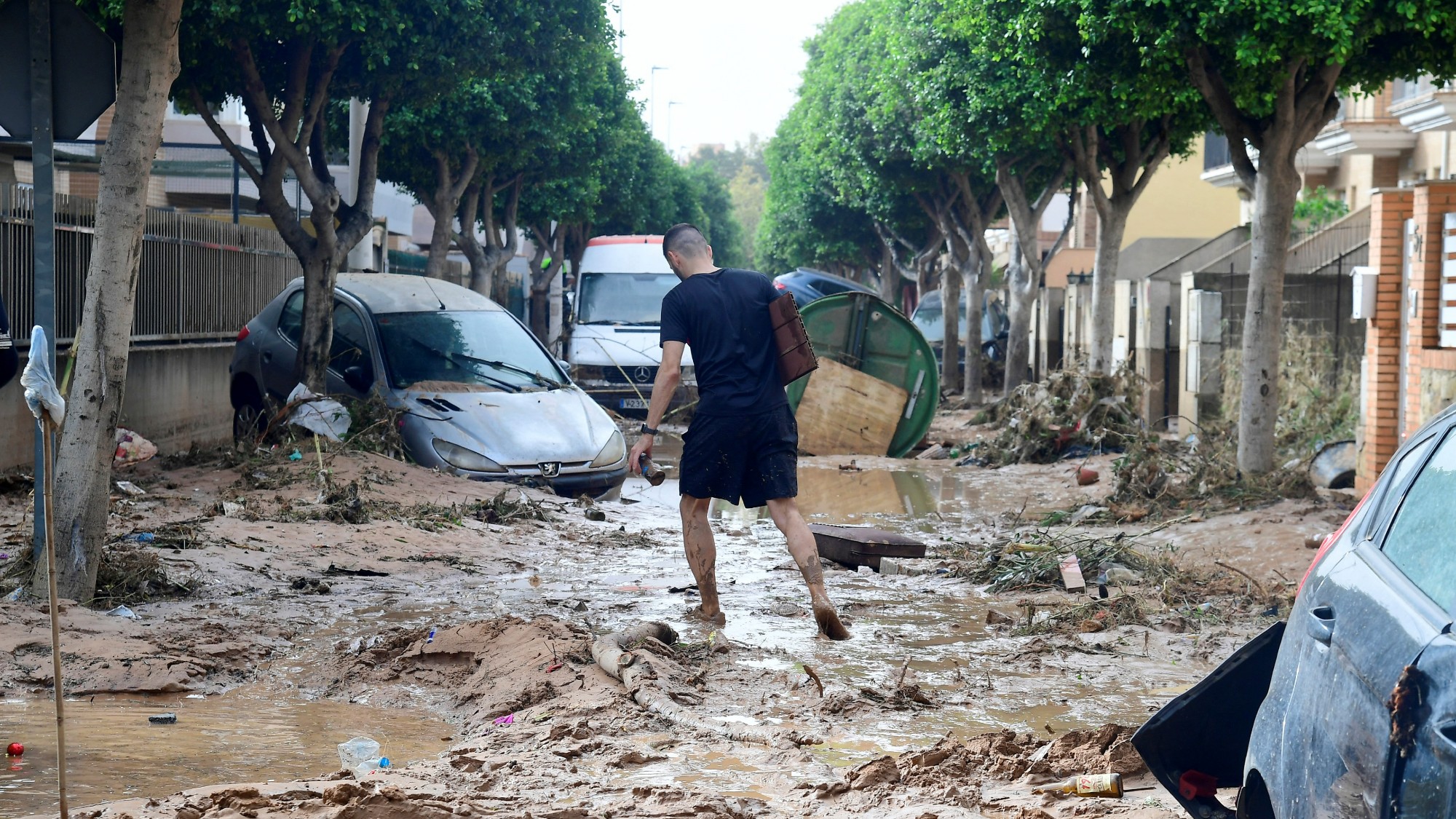 Earth's climate is in the era of 'global weirding'
Earth's climate is in the era of 'global weirding'The Explainer Weather is harder to predict and more extreme
-
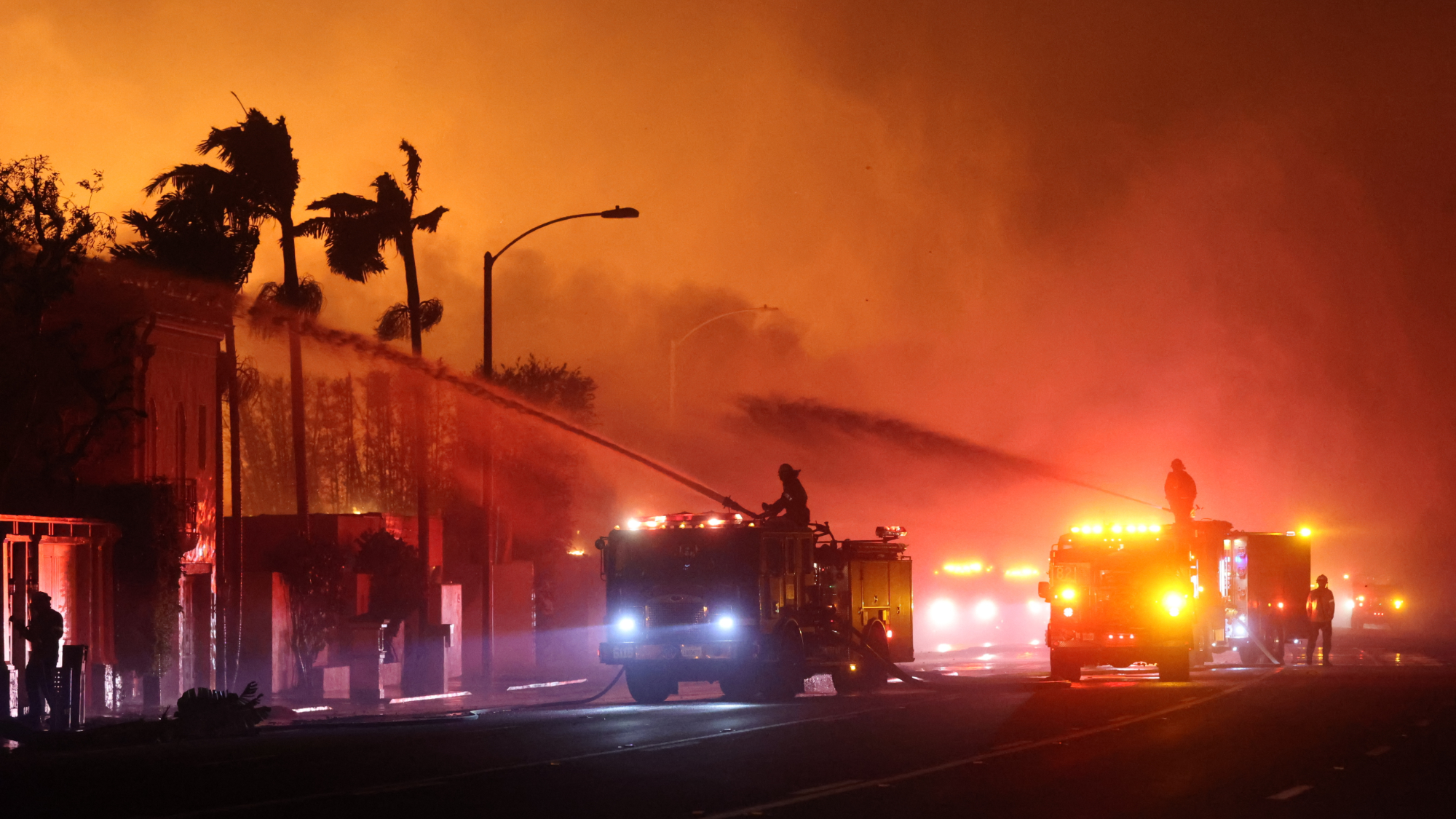 Biden cancels Italy trip as raging LA fires spread
Biden cancels Italy trip as raging LA fires spreadSpeed Read The majority of the fires remain 0% contained